Schreiner MediPharm Smart Blister Pack
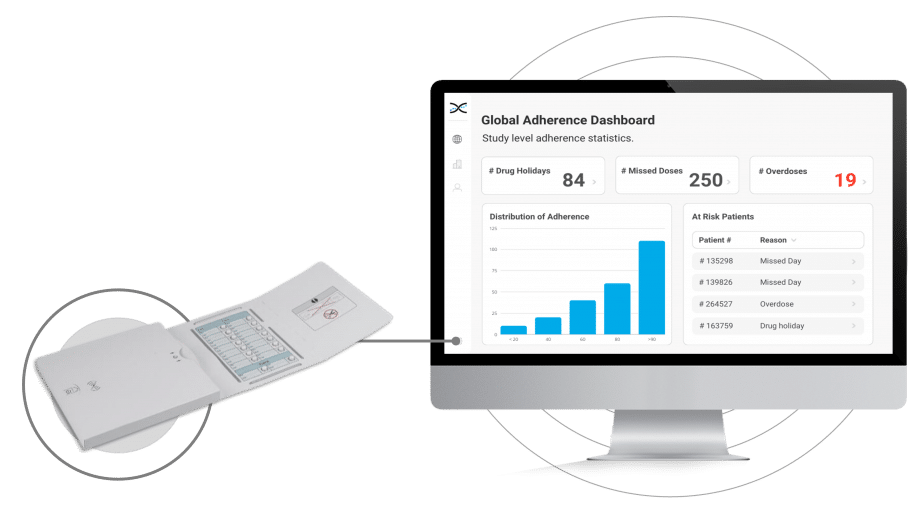
In response to the pharmaceutical industry's pressing demand for a flexible and user-friendly solution for ensuring compliance with treatment plans, Schreiner MediPharm developed the Smart Blister Pack - an innovative and adaptable solution. With concealed trackers in every cavity, the smart blister pack captures the exact time and date when pills or Pre filled syringes are removed. By synchronizing medication event data with AARDEX Group's medication adherence software, MEMS AS® researchers gain access to centralized dashboards that provide valuable insights into how participants take their medications.
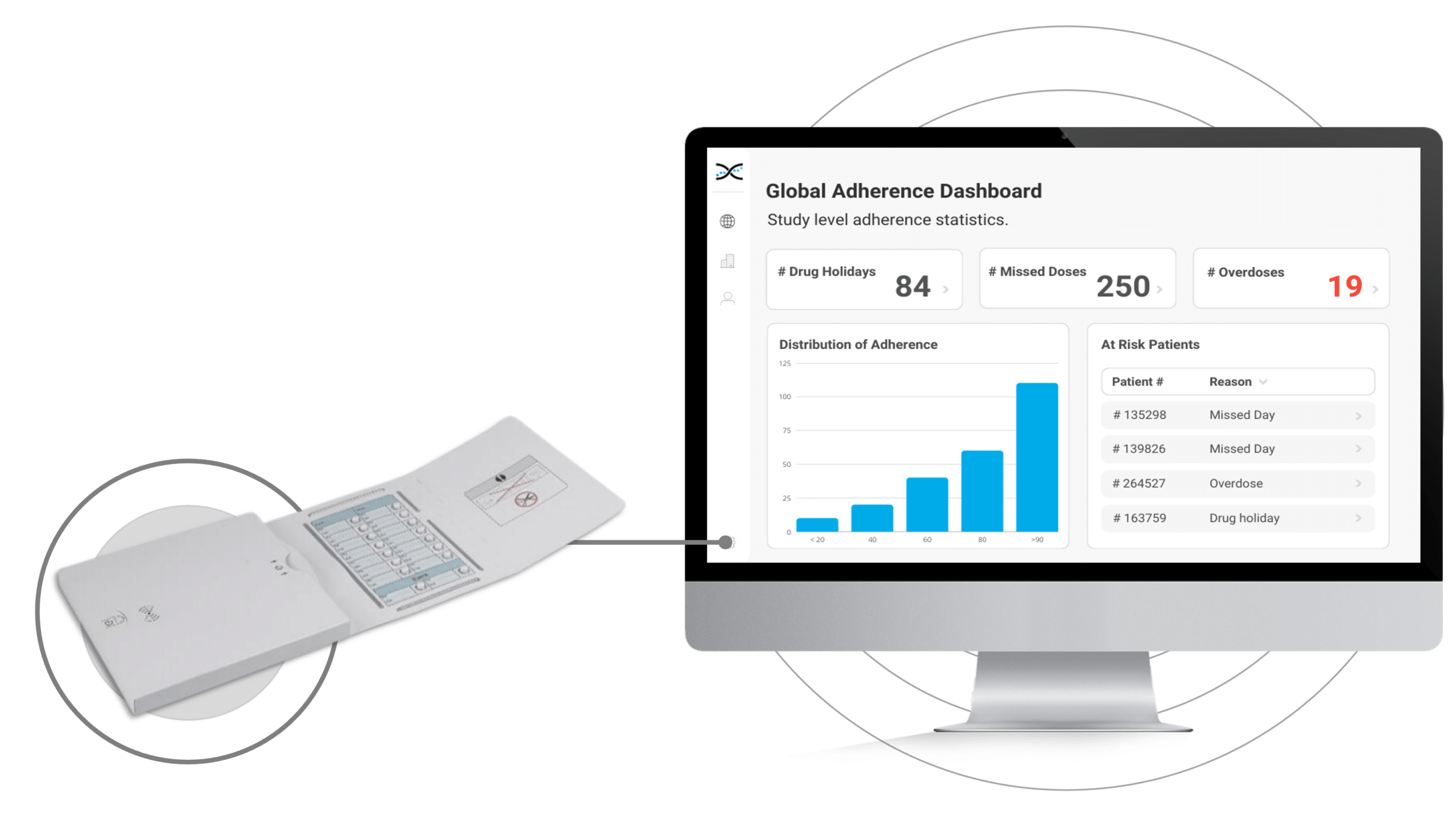

SMART BLISTER WALLET
Identify and Remedy Poor Adherence
In trials, participants maintaining compliance with treatment plans is crucial to ensure the quality of the study and minimize unnecessary costs. Unfortunately, non-compliance is a common issue that can lead to null results, inflated sample sizes, and even necessitate dose modifications post-approval. Despite the significant drawbacks of poor compliance, adherence behaviours are often inadequately measured, analyzed, and reported in trial settings, contributing to the problem. As a result, there is an urgent need for more effective and consistent methods of measuring compliance in drug trials to improve the quality and reliability of clinical studies.
Schreiner MediPharm and AARDEX Group join forces
In response to the issue, Schreiner MediPharm and AARDEX Group have joined forces and integrated two of their top assets - Schreiner MediPharm's smart blister pack and AARDEX Group's cutting-edge medication adherence software, MEMS AS. This integration offers significant benefits: trial participants can enjoy the convenience of portable, user-friendly adherence packaging and a companion mobile app that helps them stay on track with their medications. Meanwhile, researchers can access real-time compliance reports that enable them to identify participants who may require coaching, leading to more reliable and accurate data.
By combining these powerful technologies, Schreiner MediPharm and AARDEX Group have delivered a game-changing solution that will surely enhance the quality and reliability of drug trials for participants and researchers.
What are smart blister packs?
A smart blister pack is a medication packaging system incorporating technology to improve medication adherence and tracking. The blister pack contains individual compartments for each dose of medication, and sensors or other tracking technologies are embedded in the packaging to monitor when the medication is taken.
How they help patients
Smart blister packs help patients and healthcare providers to improve medication adherence and tracking in several ways:
Features of Smart Blister Pack Integrated with MEMS AS®

FEATURES
Monitor Adherence to Treatment Plans.
AARDEX Group's medication adherence software, which is cloud-based, offers an objective and accurate view of participant adherence patterns. The software utilizes over seventy proprietary algorithms to analyze adherence data transmitted from the Smart Blister Wallet, presenting the results in easily digestible visualizations through user-friendly dashboards. The data can also be segmented to identify adherence patterns at the study, site, and participant levels. Additionally, stratification lists are available to assist with prioritizing follow-up opportunities and presenting ranked lists of participants with missed doses, drug holidays, and overdoses in order of urgency. This powerful feature removes any guesswork and simplifies the process of identifying participants that require timely follow-up, helping researchers get to participants in time to provide them coaching to ensure they stay on the drug.
- Fully Scalable
- ISO27001 Certified Datacenter
- HIPAA & GDPR Compliant
- IRT, EDC & DCT Integration
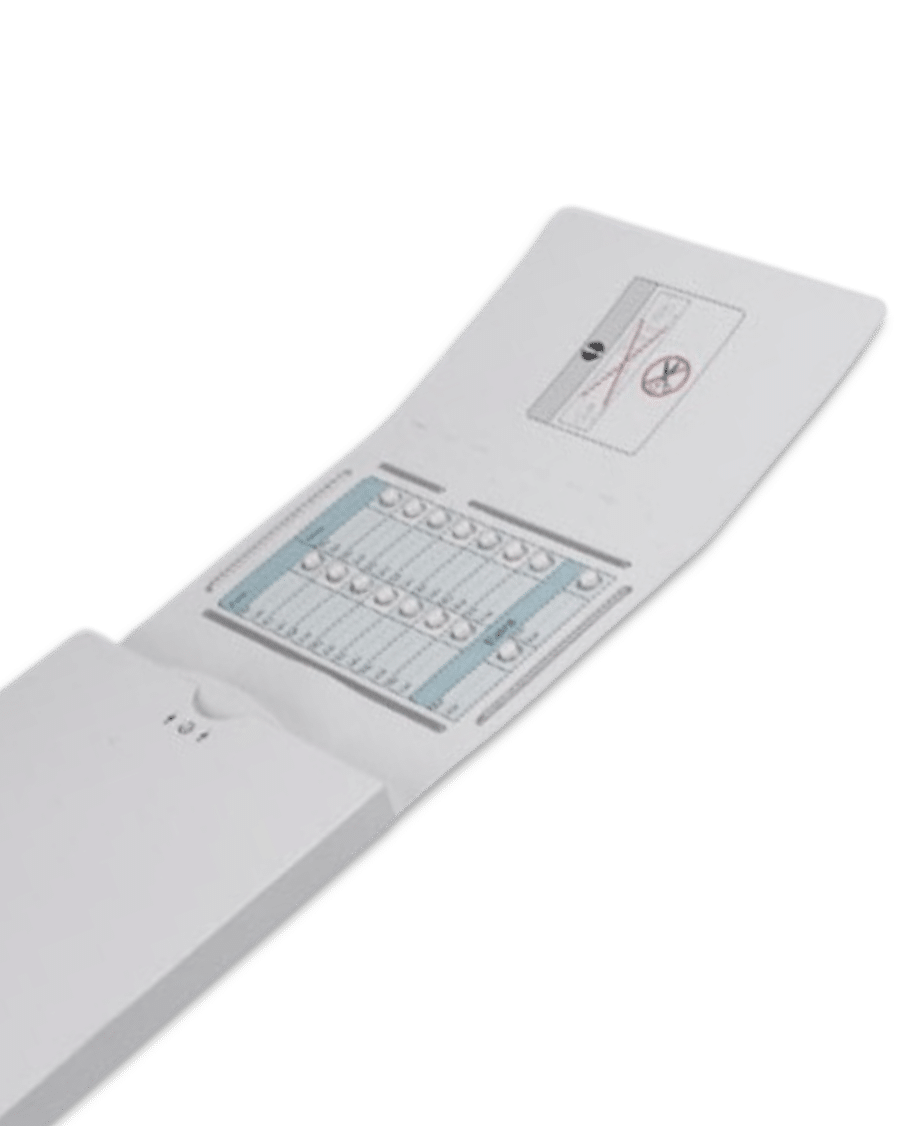
FEATURES
Dependable and Flexible Packaging.
Schreiner MediPharm's extensive experience in the pharmaceutical industry has allowed them to develop a range of blister formats that can be easily customized to fit specific dosing regimen requirements. Their embedded blister packs have intelligent tracers that automatically capture the time and date of each pill or injection removal from the cavity. With up to 64 cavities, these blister packs offer ample space to accommodate a wide range of medications. In terms of usability, the medication-taking process is very similar to that of standard blister packs, meaning that participants can start using them immediately without any special training. This user-friendly approach ensures that the medication management process is seamless and does not interfere with daily life, allowing participants to focus on their treatment without added stress or inconvenience.
- Child-Resistant Option
- Practical Solution
- Equivalent Offering for PFSs Available

FEATURES
Participant-Centric Solution.
Poor medication adherence is often caused by confusion about the prescribed dosing regimen and forgetfulness. AARDEX Group has tackled this problem head-on by providing users of the smart blister wallet access to our innovative adherence app, MEMS® Mobile. This user-friendly app includes a range of engagement and adherence-boosting features designed to simplify medication management, such as customizable medication reminders and a digital vault that allows users to view their medication event history easily. In addition, the app offers surveys that can be used to gather valuable feedback on dosing regimens, attitudes toward adherence, and reasons for missed doses, among other things. With MEMS Mobile, AARDEX Group has delivered an all-in-one solution that helps users stay on track with their medications and provides researchers with valuable insights into adherence behaviors.
- User-Friendly App
- IoS & Android Compatible
- Available in 25 Languages
- 20K+ Users in 30 Countries

FEATURES
Approach Backed by the FDA.
The FDA acknowledges the vital role of medication adherence in achieving positive health outcomes and preventing adverse events. They recognize that non-adherence is a significant health concern that can lead to severe consequences, including disease progression, hospitalization, and even death. In the context of addressing medication adherence in clinical trials, the FDA has included recommendations in its enrichment strategies guidance, which calls for sponsors to encourage adherence within participant populations.
- ICH GCP Compliant
- FDA 21 CFR part 11 Compliant

OUR CLIENTS
The Go-To Solution for Pharma Companies
Some of the world's leading pharmaceutical companies have embraced our medication adherence solutions. From global giants to niche players, these organizations have recognized the value of our innovative solutions for enhancing medication adherence, reducing costs, and improving patient outcomes. It's an honor to partner with these remarkable brands, and we're proud to contribute to their efforts in advancing healthcare.
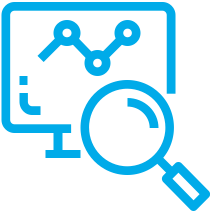
Medication Adherence Software →
Learn about our industry-leading adherence software for trials.
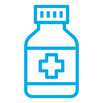
Medication Adherence Packaging →
Discover our range of medication adherence packaging.
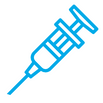
Discover our range of medication adherence devices.
Got Questions?
Connect with an adherence expert.
Frequently Asked Questions
Treatment plan compliance is a vital yet often overlooked aspect of successful research. That's why we've gone the extra mile to gather and organize the most frequently asked questions about this critical topic. Our goal is to empower researchers and patients alike with the knowledge they need to ensure medication adherence is never a hurdle to progress. So, without further ado, here are the answers you've been looking for!
Treatment compliance refers to the degree to which a patient follows the prescribed treatment plan, including taking medication as directed, attending follow-up appointments, and making recommended lifestyle changes. High treatment compliance means that the patient consistently follows the prescribed treatment plan, while low treatment compliance means that the patient does not follow the plan as directed.
Treatment compliance is an important factor in achieving optimal treatment outcomes, as patients who adhere to their prescribed treatment regimen are more likely to experience the intended benefits of the treatment. Conversely, patients who are non-compliant with their treatment plan may experience less favorable outcomes or even harm from the treatment. Therefore, healthcare providers often monitor treatment compliance and take steps to improve patient adherence when necessary.
There are several methods used to determine treatment compliance:
Self-reporting: Patients may be asked to report their adherence to the treatment plan through written or verbal communication. However, self-reporting may be subject to bias or inaccuracies.
Pill counts: The healthcare provider may count the number of pills or doses remaining in the medication bottle or package to determine how many doses were missed. However, this method assumes that the patient has taken all prescribed doses and does not account for lost or stolen medication.
Electronic monitoring: Electronic monitoring devices, such as smart blister packs combined with a robust medication event monitoring system, can automatically record when medication is taken and provide data on adherence patterns.
Biomarkers: Biomarkers can be used to measure the concentration of the medication or its metabolites in the patient’s blood or urine, providing objective evidence of medication adherence. However, it should be noted that biomarker sampling only provides a snapshot of compliance over a short period, thus providing very sparse data.
Many factors can affect treatment compliance, including:
The complexity of the treatment regimen: A complex regimen, such as frequent dosing or multiple medications, can make it more difficult for patients to adhere to the treatment plan.
Side effects: Treatment side effects can cause discomfort or inconvenience, making patients less likely to adhere to the treatment regimen.
Forgetfulness: Patients may forget to take their medication at the prescribed time or may forget to take it altogether.
Lack of understanding: Patients may not fully understand the purpose of the medication or the importance of adhering to the treatment plan.
Cultural beliefs and values: Cultural beliefs and values may influence a patient’s decision to adhere to a treatment plan; for example, some cultures may view taking medication as a sign of weakness.
Mental health conditions: Mental health conditions, such as depression or anxiety, can affect a patient’s ability to adhere to a treatment plan.
Social support: Lack of social support or poor communication with healthcare providers or family members can lead to poor adherence to the treatment plan.
Age and cognitive ability: Older patients or those with cognitive impairments may have difficulty understanding or following complex treatment regimens.
Understanding these factors can help healthcare providers develop strategies to improve treatment compliance and achieve better patient treatment outcomes.
WEBINAR WITH MERCK & BIOGEN
Mitigating the Risk of Poor Adherence in Trials
Watch this live recording with adherence experts from Merck & Biogen to learn about their approach to mitigating the risk of poor adherence in trials.
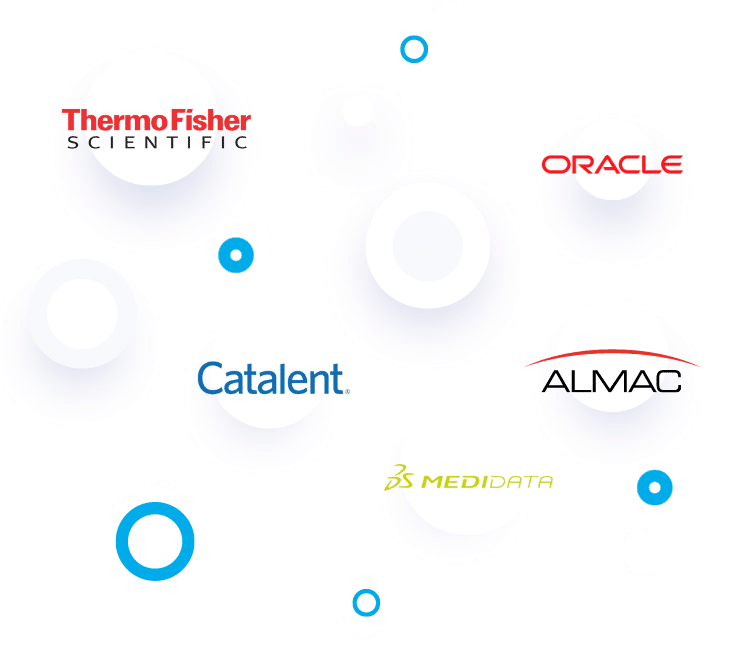

Collaborating for Safer, More Efficient Trials.
By combining technology and partnerships, we are revolutionizing how medication adherence is monitored in clinical trials. Our unique adherence ecosystem brings together leading medication adherence packaging and devices and DCT, IRT, and EDC vendors, CROs, and CMOs to drive innovation.
